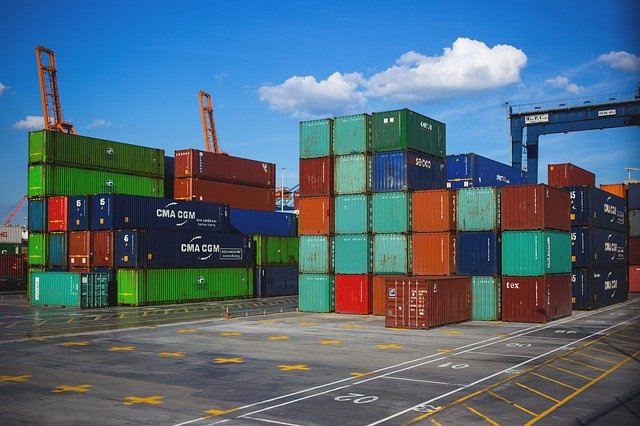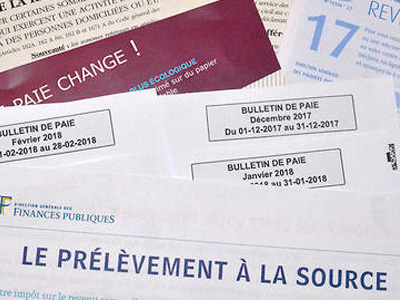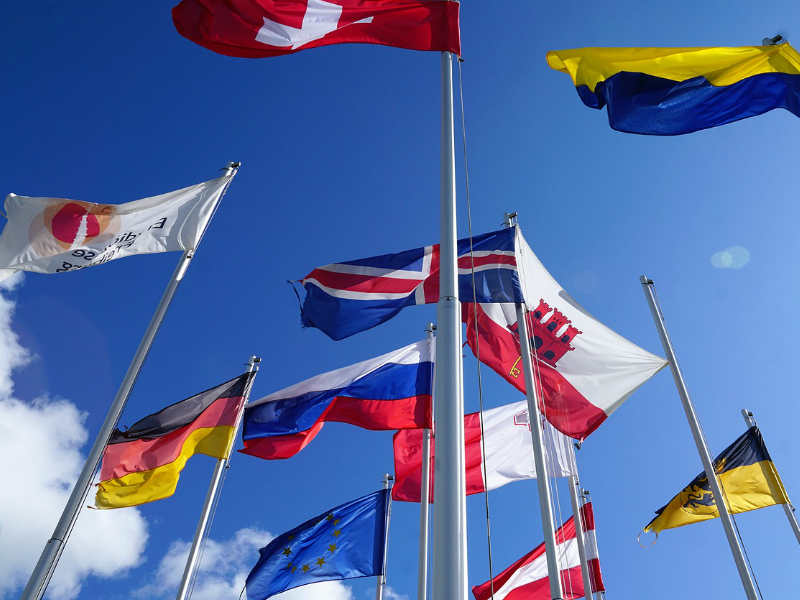New measures (“Quick fixes”) effective January 1, 2020 (B2B)
The finance law for 2020 has transposed the so-called “quick fixes” measures provided for by Directive 2018/1910/EU of December 4, 2018 concerning intra-Community traffic in goods between taxable persons (B2B), with effect as of January 1, 2020.
The purpose of these measures is to strengthen the conditions for exemption from intra-Community supplies of goods, to simplify the system of chain sales when an intermediary operator is responsible for intra-Community transport, and to simplify the system of consignments of goods under deposit contract from one member State to another.







